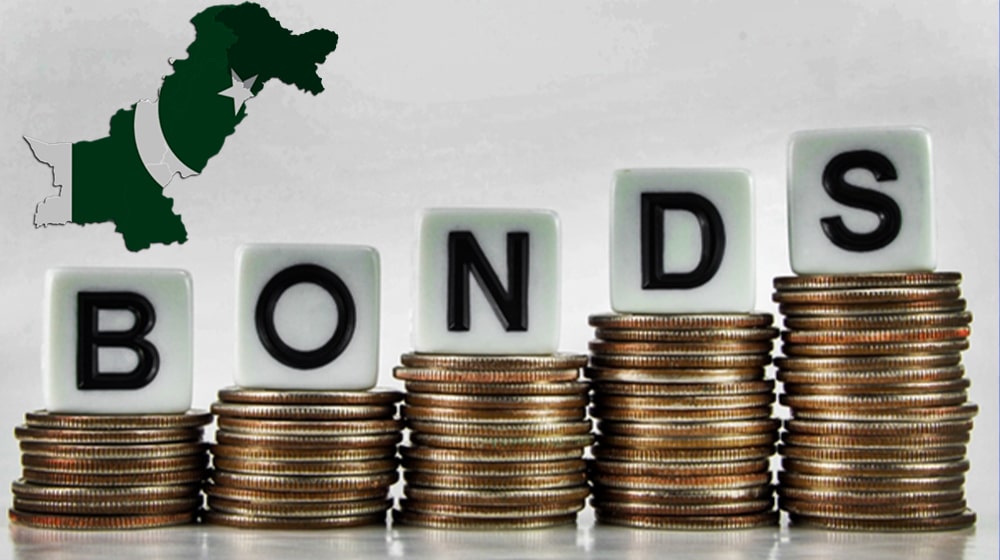Dollar bonds issued by Pakistan are anticipated to experience setbacks as the current International Monetary Fund (IMF) bailout program concludes in March 2024, as reported by Bloomberg on Monday. A sovereign debt analyst at a global investment company based in the UK expressed cautious optimism about the caretaker government’s actions but highlighted the uncertainty surrounding the country’s compliance history with IMF programs.
Investors are adopting a wait-and-see approach until a new government is elected, with expectations that the incoming administration will negotiate an improved deal with the IMF in the coming months. A debt market analyst based in the UK noted that while Pakistan’s dollar bonds started the year strongly, volatility is likely to persist, particularly with elections scheduled for Thursday, February 8.
READ MORE: HMD Global Set to Launch Phones Sans Nokia Branding.
Conversely, a sovereign analyst based in Singapore sees potential for an upward trajectory if a smooth government transition occurs, coupled with successful negotiations for a new IMF program. The IMF’s support is deemed crucial for securing access to both multilateral and bilateral funds to meet Islamabad’s external financing requirements in the coming years.
The article highlighted that Pakistani dollar-denominated maturities experienced a 9 percent surge in January, boasting the world’s best-rated coupons. However, this trend might pause during the upcoming elections on Thursday, where a new government will be chosen. Notably, these elections coincide with Pakistan facing $25 billion in external debt payments in the next fiscal year, approximately three times its foreign exchange reserves. Pakistan is set to make a $1 billion payment on dollar-denominated bonds in April 2024, and although default is ruled out by the markets, the payment will impact the country’s dollar reserves, which stood at around $8.2 billion last month. A recent Bloomberg survey underscored the potential collapse of the nation’s finances unless a new IMF bailout is secured.




